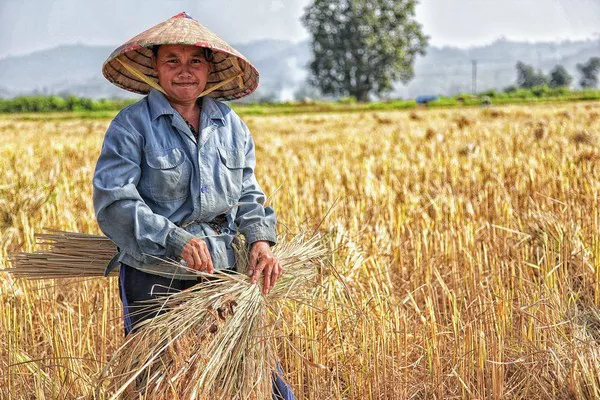In a remarkable shift, Puerto Rico is undergoing a transformative journey towards self-sufficiency in food production, led by a new generation of farmers like Fernando Maldonado. Operating within the protected Carite rainforest, designated as a national state forest in Puerto Rico, Maldonado’s farm, named Carite 3.0, exemplifies the forefront of this burgeoning movement.
Diversity is heralded as the linchpin of success at Carite 3.0, as Maldonado passionately shares his innovative planting strategy during guided tours. “We have a breadfruit tree every 30 feet, and, in between, we put three cacao plants,” he explained. “But you also have the banana growing here, some pigeon peas, a coconut tree.”
This departure from conventional monoculture, characterized by endless rows of identical crops, proves highly productive, according to Maldonado. Embracing diversity fosters a more resilient agroecosystem, contributing to the overall health of the farm. “We want to bring together other plants that are going to be beneficial for the whole system,” Maldonado added.
The farming approach endorsed by Maldonado is rooted in agroecology—a form of low-impact agriculture that harmonizes with nature and local conditions, fostering the growth of food while safeguarding biodiversity and soil quality.
The burgeoning movement towards agroecology finds a receptive audience among consumers, exemplified by the bustling organic farmer’s market in the capital, San Juan. Gena Patreco, a shopper at the market, values the opportunity to support local producers.
“We need to start being more self-sufficient. I’ve started to grow my own plants,” Patreco stated. “We need to be able to survive if we have more climate disasters like hurricanes. I also like buying here because the produce is fresher, which is better for my health.”
Beyond the desire for self-sufficiency, consumers like Patreco also hope that the increased availability of locally produced food will help curtail rising prices. “I think a weekly shop is around three times more higher than it was a year ago. Even things like pet food have gone up,” she expressed.
As Puerto Rico’s agricultural landscape witnesses this shift towards sustainable and diverse farming practices, it marks a crucial step in reducing the island’s dependence on food imports and fostering a more resilient and self-sustaining food system.

